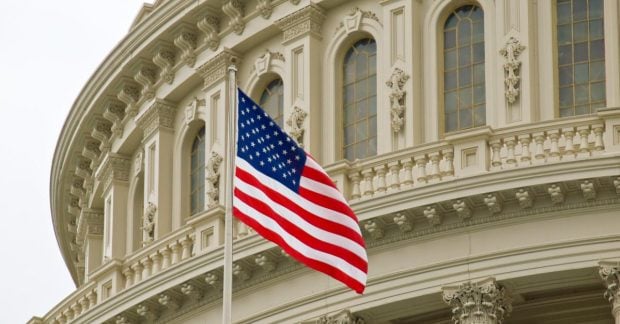“If the airport closes, Bali will die.”
This dire prediction – uttered in March 2020 by one of the thousands of tourism workers who lost their jobs as the international tourism juggernaut ground to a halt – proved half correct.
On April 2, Indonesia stopped issuing tourist visas and Bali’s international airport was forced to close. By the end of the month, 41% of workers on the island were no longer employed, according to data by Statista, while the once-thronging tourism precincts of Kuta, Seminyak and Ubud became ghost towns overnight. And while many Balinese began a fight for survival that continues to this day, Bali did not die from an economic perspective.
One reason the economy kept on ticking away were the tens of tens of thousands of expats who remained. Congregated in the hipster hub of Canggu on the west coast and the surfing nirvana of Uluwatu in the island’s deep south, they drove demand for delivery, housekeeping and other services, putting food on the table for thousands of families.
Many expat chefs and restaurateurs also snapped into action to help their Balinese hosts by turning their venues into free food banks. People like Australians Brad Downes of Tropicana Churros Cafe, who fed 600 people a day, and Josh Herdman of Sea Circus, who collected enough money from expats and Baliphiles overseas to feed 3,000 people daily. UK national Robert Epstone of Solemen Bali, a charity that cares for 2,400 of Bali’s most disadvantaged people, came up with the ingenious idea of placing food donation bins in Western-style supermarkets. Scores of Indonesians also opened their businesses and homes to anyone in need of a meal.
The four months between April and September 2020 when Bali was under lockdown was a fascinating period for foreigners to pass on the island. Restaurants, bars, gyms and even beaches were closed, though a vibrant underground social scene was born where barbecues and parties were thrown in villas every day of the week. Some surfers snuck into bordered-up beaches before dawn, while others discovered secret coves that had escaped authorities’ attention. And while such behaviour may smack of white privilege, most locals – due in part to their innate distrust of the government – ignored Covid-19 protocols too.





